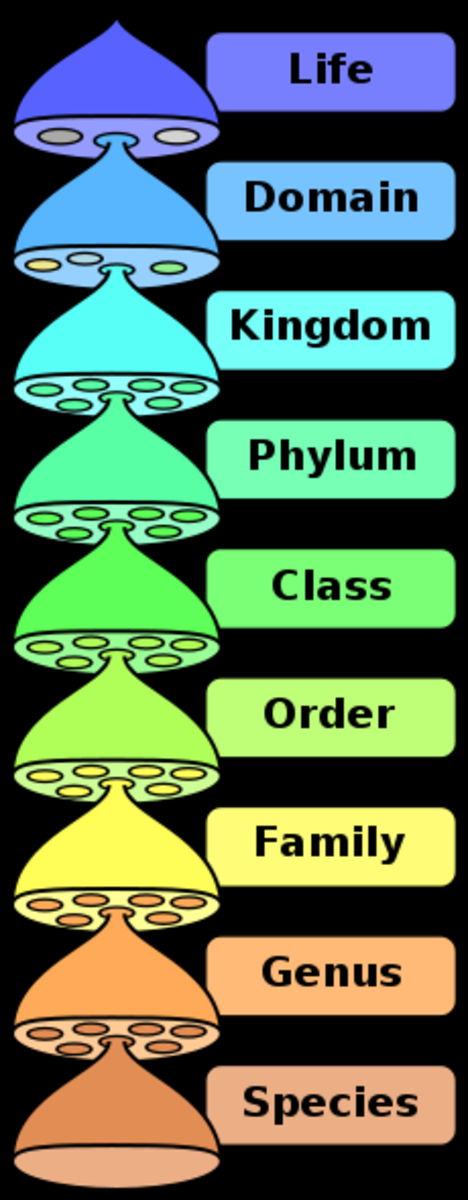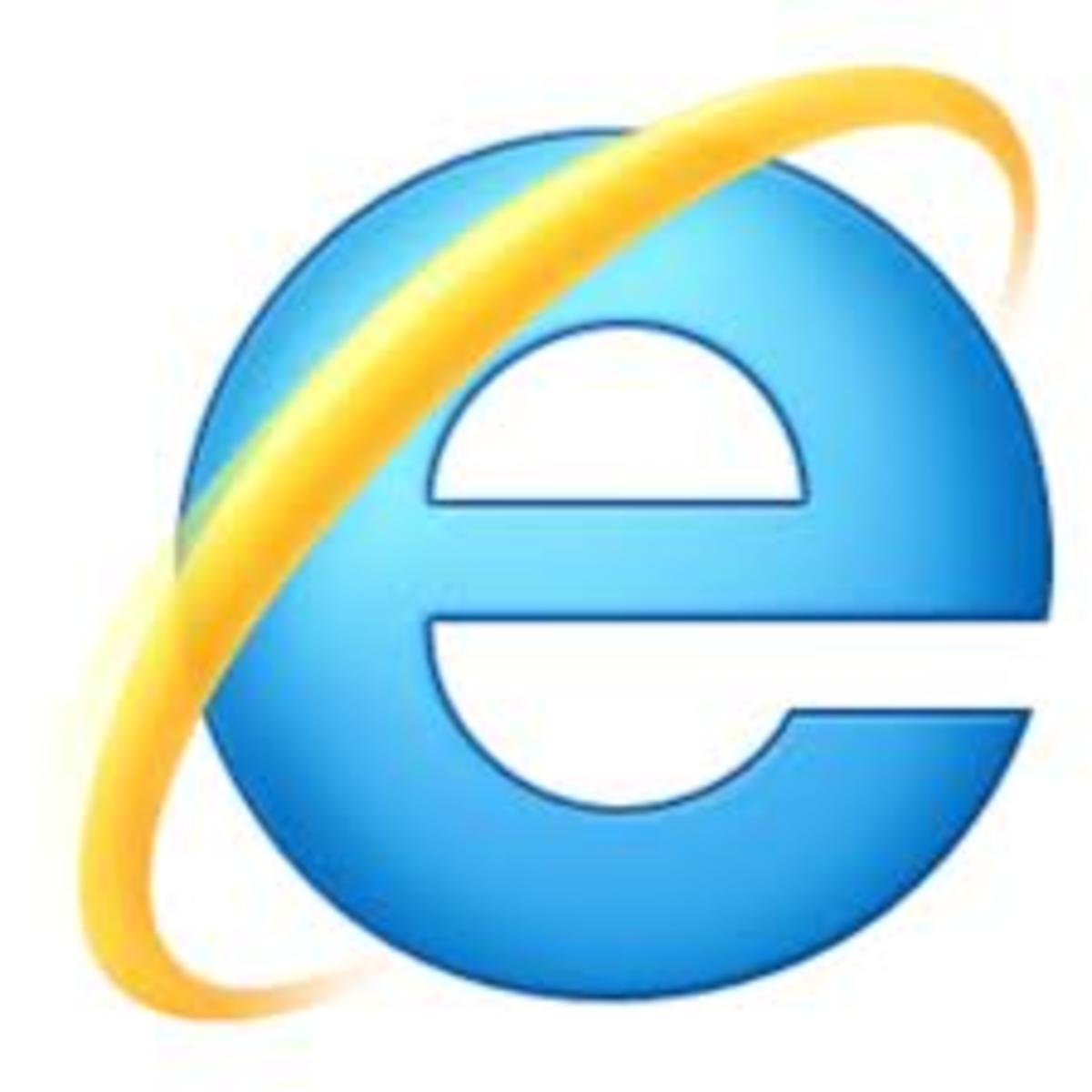Nonsensical Domain Names and Registration Periods for SEO
Picking the right domain name for your website is getting increasingly difficult, as more and more sites are launched on the internet. Long names, short names or keyword rich names, your choice is limited only by what has already been registered. Most languages though, are versatile enough to allow even the most demanding of website owners to find a name that suits their needs.
Nonsensical Names
In some cases, this will require a greater level of creativity. Many websites have been successful with totally made up, or nonsensical domain names. Recent examples include Google (derived from the mathematical 'googol') and Digg (really just 'dig' with an extra 'g'). The consensus is that while such names allow you to build a brand around the website, they can do require a bit more effort before you start seeing returns from your SEO efforts.
An easy way to come up with a nonsensical name, is to simply to combine two or more words, into a new word. As starting point for words to combine, is the list of words and important keywords relevant to your business or website. You can combine entire words, or just parts of words to come up with a useful and available name.
Additionally, there are a number of websites and tools available online that can help you generate new words. These include:
Domain Registration Period
The age of a domain will play a factor in its search engine rankings. Similarly, the registration period for the domain will also affect these results. The general consensus, is that domains with multi-year registration periods perform much better in search engines than similar domains that only have a single year's registration. It is therefore advisable for anyone launching a venture online to register their domains for multiple years.
Buying Expired Domains
Because the domain's age plays a factor in search engine rankings, many webmasters choose to buy domains that have just, or are about to expire. To do this properly requires some understanding of the domain expiration process.
gTLD domains that have reached their expiry date without being renewed will enter an expired or grace period, lasting for 40 days. Usually, all services to the domain are halted at this point. If the domain is renewed during this grace period, the standard renewal fee applies. After this period, if the domain remains un-renewed, it will enter a 30 day redemption cycle. It is a bit more difficult to renew a domain that has entered this cycle, and the fees are a bit higher than the usual domain renewal fees. If the domain remains un-renewed after this period, all entries are deleted from the domain registry, typically within 5 days. The total time therefore, from expiration to the domain being released and made available to the public, is therefore about 75 days.
Some webmasters choose to wait out this time period, till the domain is finally available. For attractive domain names though, that is not always the best option. Potentially, your competitors are doing the same thing. A better approach, would be to use an agent to back-order the desired domain. While this does involve a fee, this is usually refunded if the domain is not procured for you.
The pricing structure and service levels will differ from one back-order agent to the next. Some have set prices on a first-come first-served basis, while others will have a bidding auction when more than one customer is after a specific name. Back-order brokers on the internet include eNom.com, SnapNames.com, Sedo.com, Pool.com, Monkier.com and GoDaddy.com. A lot of webmasters will also engage the services of more than one back-order broker, to improve their chances of getting a specific domain.
Additionally, there are a number of sites that provide lists of recently deleted (from the registry), and recently expired domains. These include;
Expired domain names can provide you not only with possible domains for you to acquire and use, but also serve as inspiration for coming up with a suitable, and SEO friendly name for your website.
- Buy The Right Domain for SEO
Trading in domain names is now a multi-million dollar business. Thousands of domain names are traded annually, either on specialist websites, on generic auction sites like eBay, and in private (often... - Rave The Web
Rave the Web Directory allows visitors to submit articles and websites on all kinds of topics and rave about them through comments and ratings. Dont just say it Rave it! - Authority Web Directory
The Authority Directory is a powerful human edited web directory of quality family-friendly web sites. Submit your link and URL to build search engine results and traffic.







